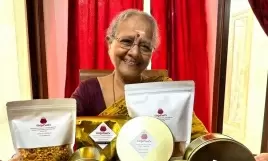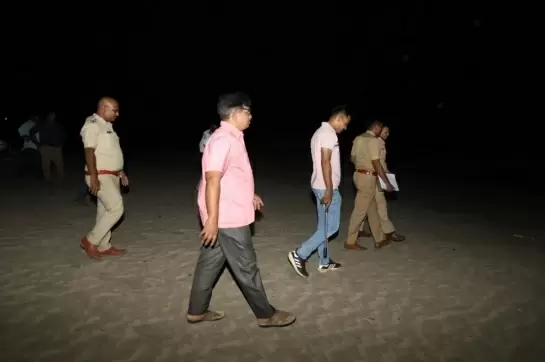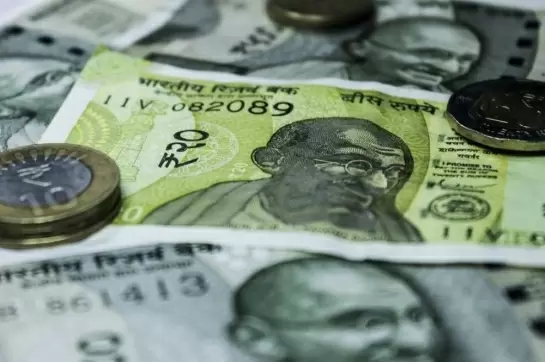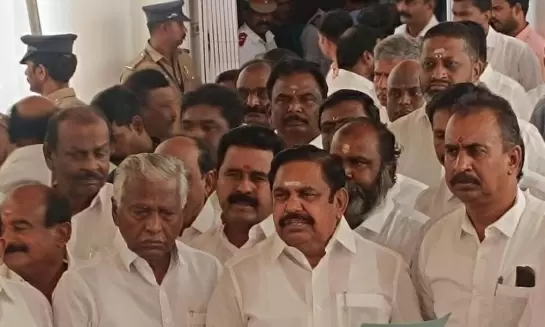Political heroines make a change in rural society for women’s sake

16-August-2013
Vol 4 | Issue 33
Young or old, educated or illiterate, savvy or simple – local self governments in India have thrown up some real-life political heroines, who have worked hard to make the lives of their communities better. Displaying remarkable skills they have emerged as architects of change and empowerment at the grassroots.
Shushma Bhadu, 35, is one of those progressive women from rural Haryana who has chosen her own future by entering public life. Elected in 2010 as the sarpanch of the Dhani Miyan Gram Panchayat in Fatehabad district, she has proven to be a true revolutionary.
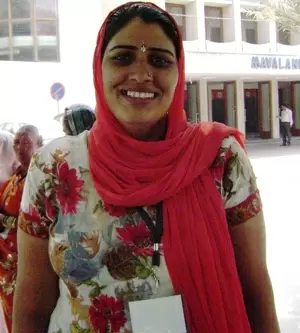 |
|
Shushma Bhadu, the sarpanch of the Dhani Miyan Gram Panchayat in Haryana has proven to be a true revolutionary. (Photos: Bula DeviWFS)
|
In a state that is known to reject the girl child, Bhadu has managed to make her village of Dhani Miyan Khan, located nine kilometres from Fatehabad town, a ‘model’ when it comes to women’s rights and the survival of daughters.
To put an end to the inhuman practice of female foeticide, this feisty leader announced a handsome cash reward of Rs 51,000 for informers who provide tip-offs on those seeking and conducting sex determination tests and backroom abortions.
In addition, she instructed the local anganwadi and other health workers to remain alert and immediately intimate the panchayat in case any such incident came to light.
As a result of this approach, even though Haryana in general presents a bleak picture when it comes to the female sex ratio, “focused efforts in Dhani Miyan Khan have produced excellent results. The village has 426 females to 416 males”, informs Bhadu.
At the same time the leader has taken on the charge of educating local girls very seriously. Though a Class Seven dropout herself, she is determined to ensure that no child in her area remains illiterate.
Under her leadership, the panchayat has started covering the fees as well as expenses incurred on uniforms and books for girl students up to Class Five for those parents who cannot afford to support their daughters’ schooling.
The outcome of this move has already started yielding results. It has not only given every child in the village an opportunity to study up to Class Five, if not higher, attendance is reportedly 100 per cent now with zero dropouts.
In fact, students of higher classes, who have to go to distant schools, have been provided with cycles to help them continue their studies. “Every family wants educated, qualified daughters-in-law. So I try to explain to them that if they don’t send their own daughters to school, their sons will not get educated wives,” says Bhadu, in a matter-of-fact manner.
While she may not have undergone formal education, the leader does have experience and vision that have enabled her to draw up a road map for the girls of the community.
Elaborates Bhadu, “I hold meetings with parents, mostly mothers, in small groups and try to explain to them that if they do not educate their daughters, their fate, too, will be sealed like them and the vicious cycle of struggle for survival will continue for generations together. Their daughters will remain shackled by household work.”
Despite belonging to the conservative Bishnoi community that does not allow its womenfolk to move around without the ‘ghunghat ‘(veil to cover their face), Bhadu has broken conventions to exercise her rights as a progressive woman.
One major factor that has helped her village to script such tremendous success stories is the panchayat leader’s constant endeavour at advocacy and information dissemination in the community. Under Bhadu’s stewardship, a tailoring centre has been set up where women gain vocational training and she has arranged funding from a bank to sponsor these women as they set out to be entrepreneurs.
Bhadu’s work for women’s emancipation and empowerment in Dhani Miyan recently brought her the Outstanding Women Leaders Panchayat Award, instituted by the Institute of Social Sciences.
Like Bhadu, Nayana Patra, 45, too, was recognised in the same way. Patra has devised her own unique strategy to liberate the women of her ward, the Baraun Gram Panchayat of Dhenkenal district in Odisha. Whether it has to do with the health of the environment or adivasi rights, whether it concerns education or sanitation, this ward member has been able to make a significant difference.
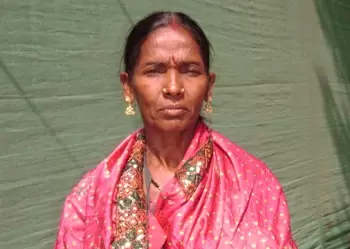 |
|
Nayana Patra, 45, a ward member from the Baraun Gram Panchayat in Odisha has enforced a fine to put an end to alcoholism in her village
|
But of all her interventions, it is her innovative method of putting an end to alcoholism in her village that has gained her the support of the people. By imposing a fine on those found drunk, she managed not only to discourage such anti-social behaviour, but to create a fund to build toilets in the village.
While sanitation continues to be an issue routinely neglected by the civic administration of many towns and cities across India, Baraun has able to built six public toilets at convenient places to usher in a higher standard of public hygiene than it has ever known.
Patra, who has been elected a ward member twice, was given the Outstanding Women Panchayat leaders Award 2013 for her initiative and leadership qualities.
Her project of getting a residential school built for village girls is an example of her community-centric approach. There was no school in Baraun and so the children had to undertake a very risky journey to attend classes at the nearest institution located on the other side of a dense forest.
In the late 1980s, Patra enrolled herself along with her daughter in a literacy mission. That is when she realised the importance of girls’ education and the idea of building a school for them came to her mind.
Once she decided to enter public life, she worked steadfastly to set up the school. There were many challenges to be faced. First, she had to secure funds from different sources under various government schemes, including the MLA fund.
Then began the tough job of getting the school constructed. Today, over 150 girls gain an education through this school and among them is Patra’s granddaughter!
Another arena in which Patra has proved herself is the protection of the local forests from the timber mafia. She has put together a brigade of fierce women to patrol the 250-acre Sal forest that abuts the village.
“There is an old saying here that where there is forest, there will be water and fresh air necessary for life. So we decided to take up patrolling seriously,” informs Patra.
Five groups of 15-20 women have been formed and they discharge their forest protection duties by rotation, each with a stick in her hand. Simultaneously, Patra has helped in planting around a thousand cashew plants on unused government land.
As Bhadu and Patra have shown, women’s leadership at the grassroots is helping communities make a transition from stagnation to change. - Women's Feature Service






